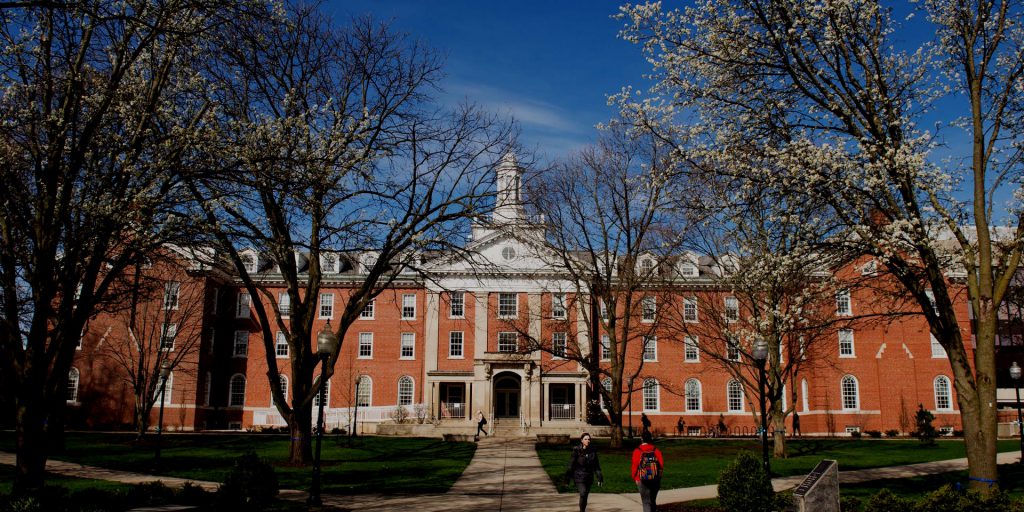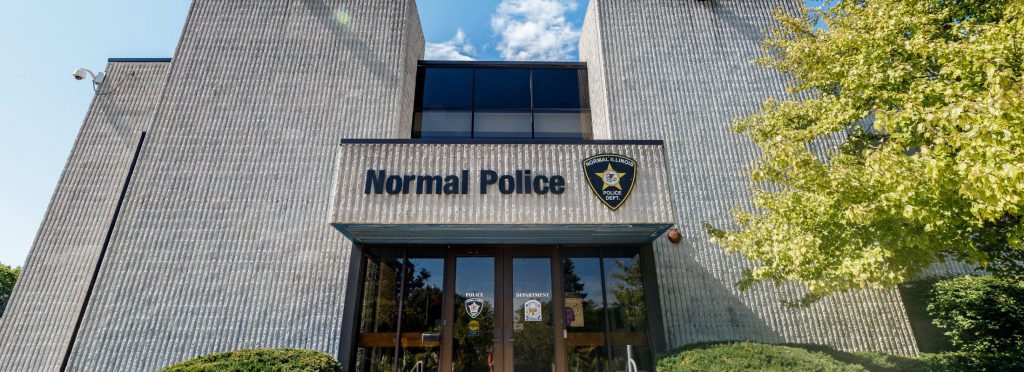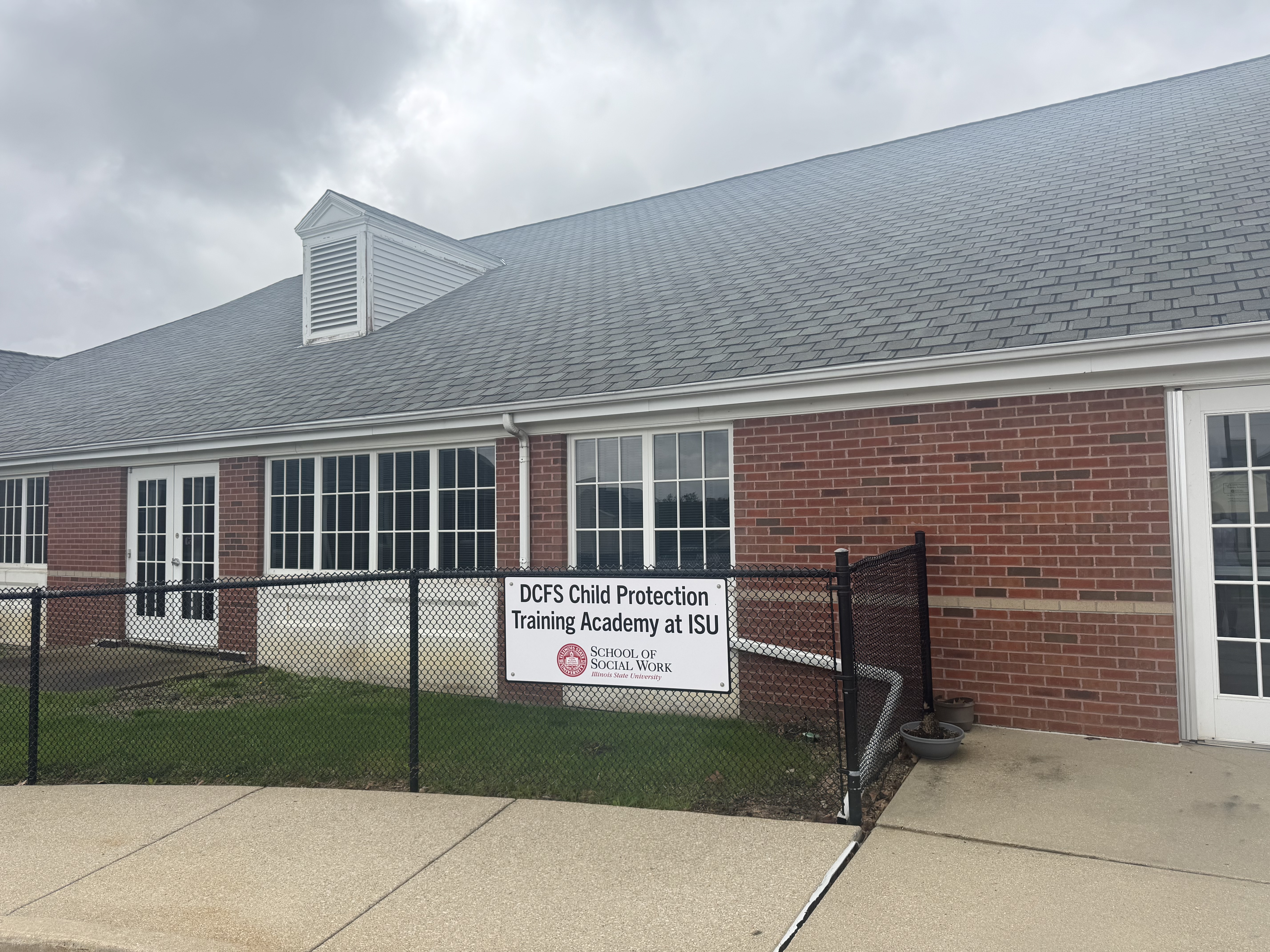How Does Changes To Affirmative Action Affect ISU?
Written by Colleen Holden on July 25, 2023
Affirmative action has been the tip that balances the scales of equity in career and education-based opportunity since 1965. From then on, campuses and workplaces have diversified, varying perspectives have been introduced into spaces they previously were not allowed in, and representation has been seen as much more important than it once was. The Supreme Court’s decision to end race-conscious admission tipped the scales of equity off balance, creating a laundry list of ramifications that counteract all the multi-faceted progress this practice has fostered for the last 58 years.
Jeff Mavros is the executive director of admissions at Illinois State University. In a recent interview, he had plenty to say about ISU’s relationship with affirmative action, why diversity is important to Illinois State as an institution, and how the staff plans to uphold the value it’s placed on diversity.
“We don’t consider race in the admissions process whatsoever,” said Mavros. “This will have very little effect on us or the students applying to Illinois State.” Interim President Andover Tarhule also confirmed this in an email sent to ISU students and faculty released shortly after the Supreme Court’s ruling.
ISU faculty and staff are quick to point out how diverse the university is. ISU faculty are big believers in learning from the experiences of people with varying backgrounds.
“Diversity and inclusion are core values to the institution,” said Mavros. “We get that it is a richer learning environment when there is not just homogenous thought, and people bring their own backgrounds and perspectives to the classrooms. The conversations become richer, and people learn from one another even outside the classroom”, said Mavros.
Knowing that race-conscious admissions is not practiced at ISU, and that it places a high value on diversity, the question arises: how does ISU demonstrate its commitment to diversity without using affirmative action, or similar practices? As it turns out, it’s not about the students who apply, but how the university applies itself to potential students that reels in a diversified student body.
“We do a lot in the way of recruitment to try to appeal to students of various backgrounds. That includes where we travel, the types of high schools we visit, what parts of the state we want to have a presence in…” said Mavros. “It’s about accessibility for students who do not have the same kinds of opportunities as others, it is about making the brand one that is correlated in many people’s eyes with welcoming, belonging, and inclusivity.”
The polarizing decision to end affirmative action sparked endless debates on the ethics of admitting students based on anything other than academics and extracurricular activities. One of the biggest points of contention in this debate is the practice of admissions based on legacy status – more specifically, legacy status remaining legal, while affirmative action did not.
“If an institution is predominately white and they value legacy too much, it certainly would limit the opportunities for students of color because you’re looking at families who are traditionally represented in higher education that will always have a leg up”, said Mavros.
One of the many common college experiences is a student further developing, or even completely altering their worldview. While classes like sociology or philosophy aid in this process, the biggest influence is being surrounded by people with completely different perspectives that may not have been present in their home environment. The first 18 years of their lives are spent being inadvertently shown, or explicitly told what to think, and while some kids pursue other ideas, many remain a product of their environment. The exposure to perspectives they’d not experienced, or even thought of changes the way they view the world, and how they interact with it for the rest of their lives.
However, this important experience is only had when their environment is diverse enough for them to actually see and hear these other perspectives, and while ISU has no plans of reverting to non-diverse campus, a lack of diversity in other universitys can lead to broader ramifications.
“The goal of diversifying a student body and diversifying thought by having representation across a college campus is now going to be more difficult to achieve,” said Mavros. “It limits equity in terms of all the opportunity”.
Alongside its status as an esteemed and reputable ivy league university, Harvard University was one of two schools specifically listed in the affirmative action case, as well as the University of North Carolina. According to the official website of Harvard University, the percentages of students of color currently enrolled range from 27 percent to 0.8 percent based on ethnicity. How the overturn of affirmative action will affect these statistics is unknown.
On the other hand, according to the official statement released by Interim President Tarhule, 37.5 percent of the current population of ISU students come from underrepresented backgrounds. This percentage comes after a consistent, decade-long rise from 15 percent. This change was made not only in the name of representation, but in the name of broader education.
“Students are in college to learn the nuts and bolts of their area of study, but I think it’s so much more than that.” said Mavros, “ A residential college experience when they’re living independently, and they’re making their own life decisions and growing into the adults they’re going to be they start to form their own views in a way that may be different from what was all around them and I think it’s an opportunity to really open people’s minds to other perspectives and see the world through somebody else’s point of view”.




